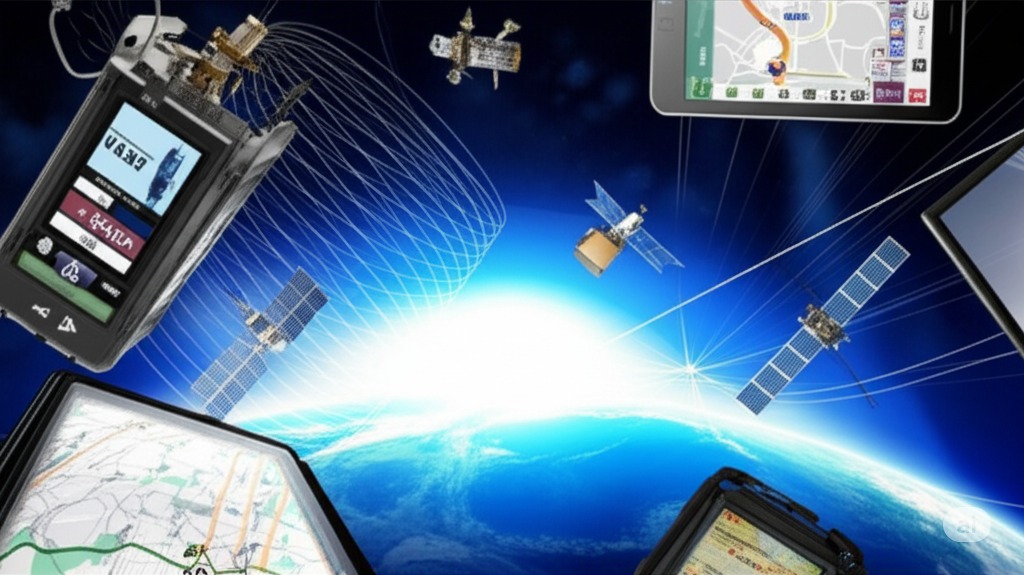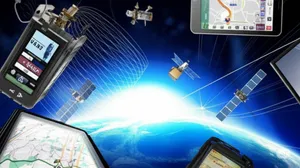Critical System Components
- Real-Time GPS tracking hardware with 30-second updates
- Fleet management software interface with live dashboard
- Mobile connectivity solutions for anywhere access
- Route history and playback for detailed analysis
- Driver behavior monitoring for safety and efficiency






